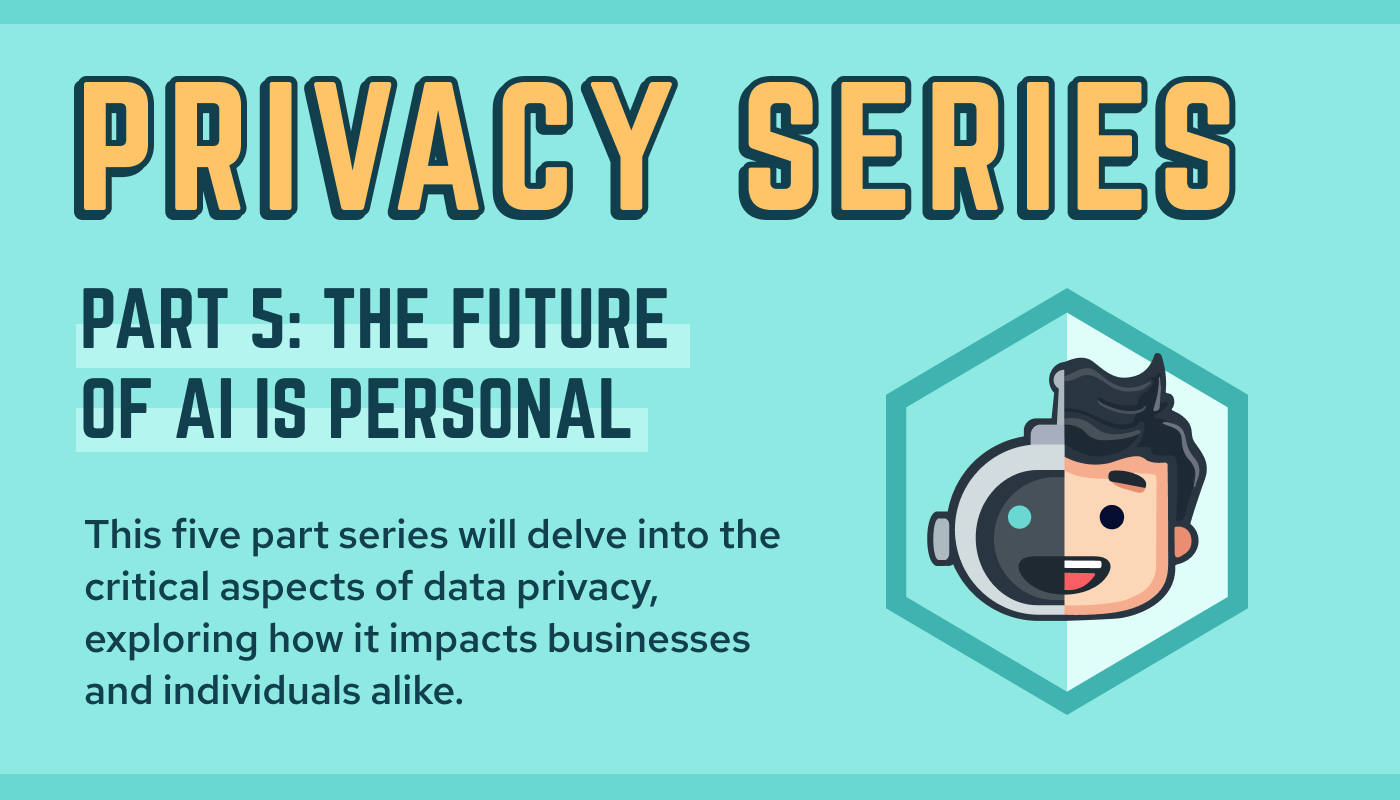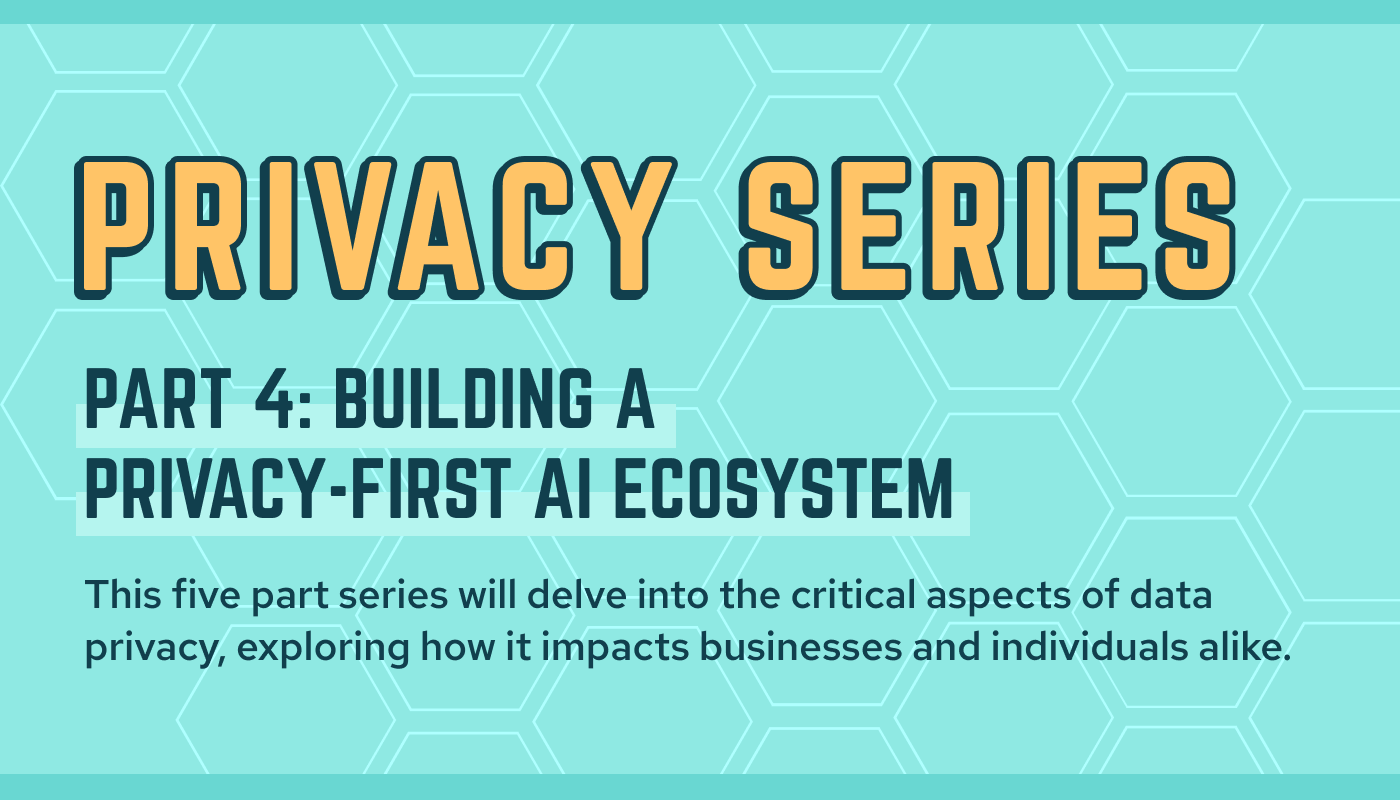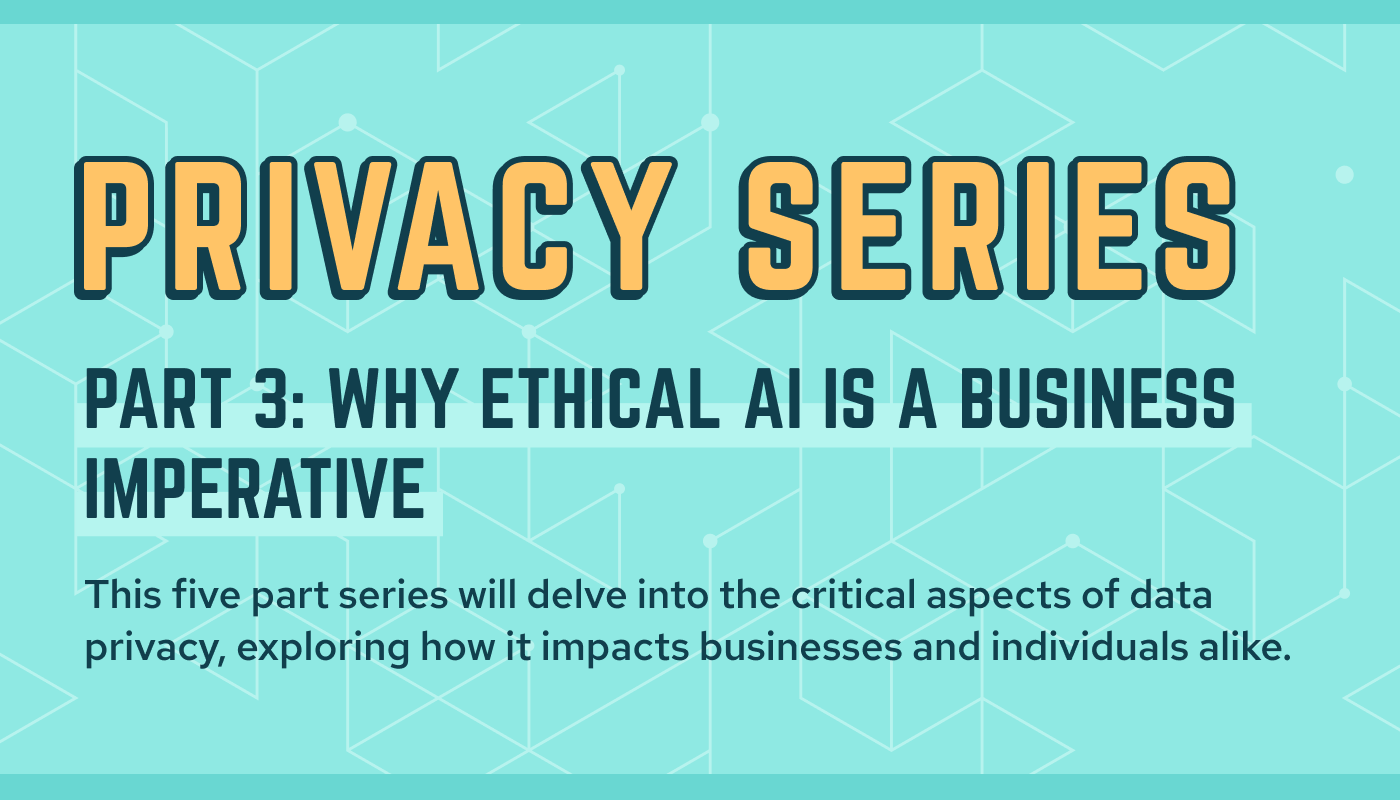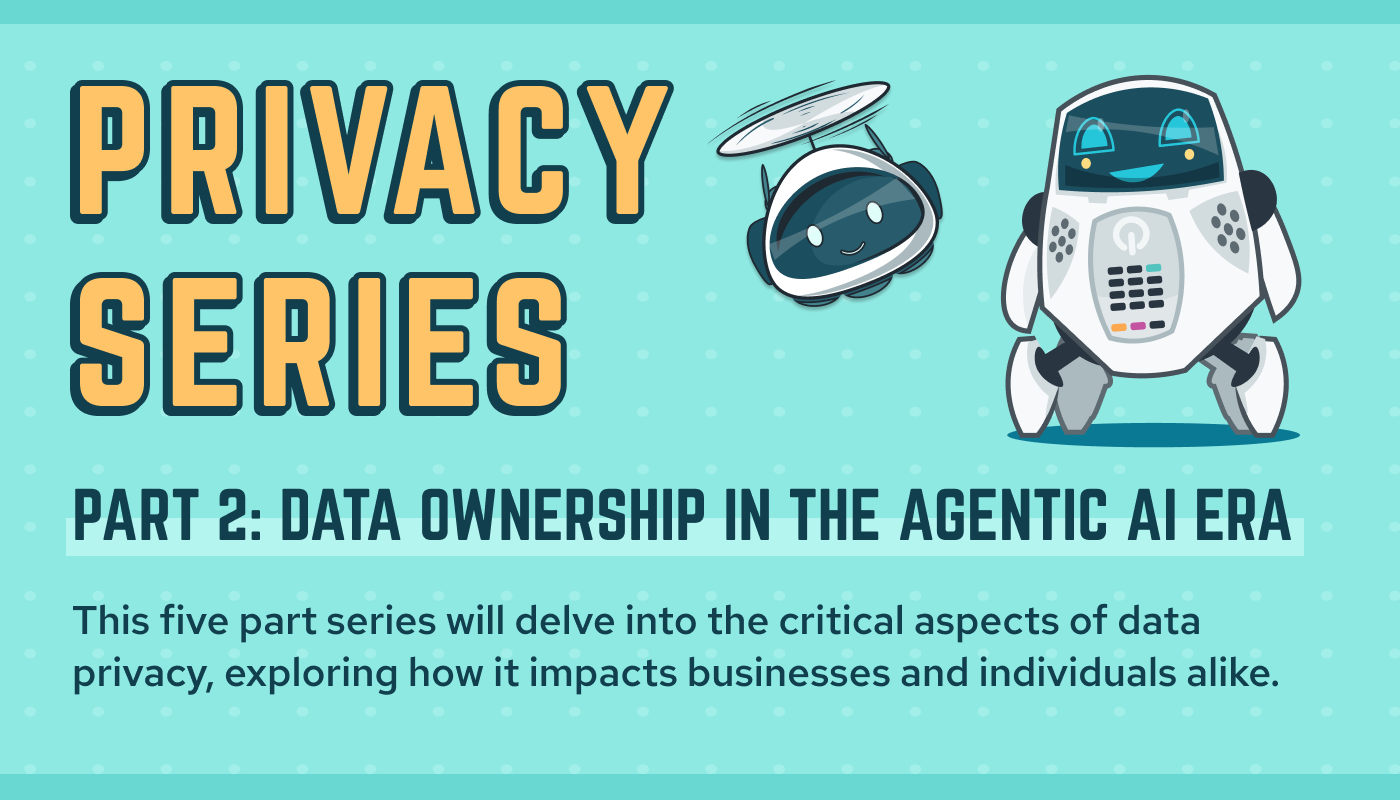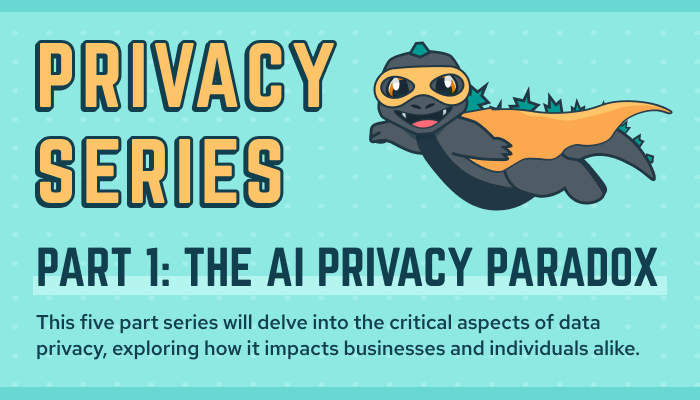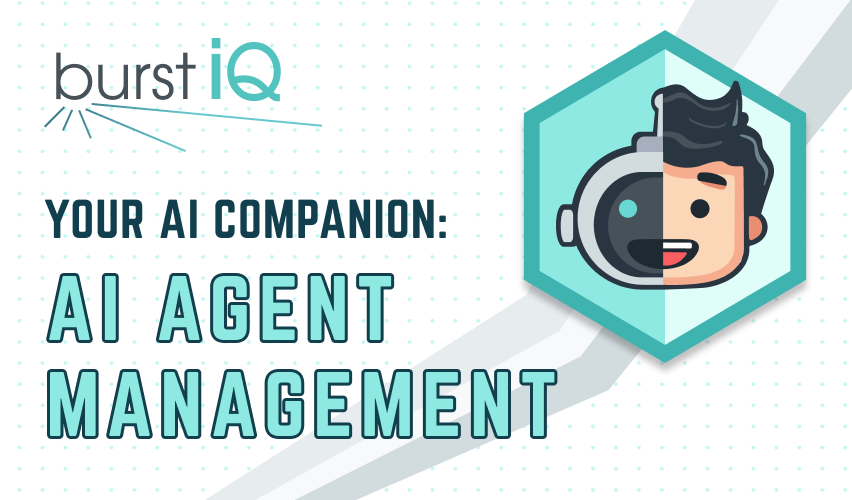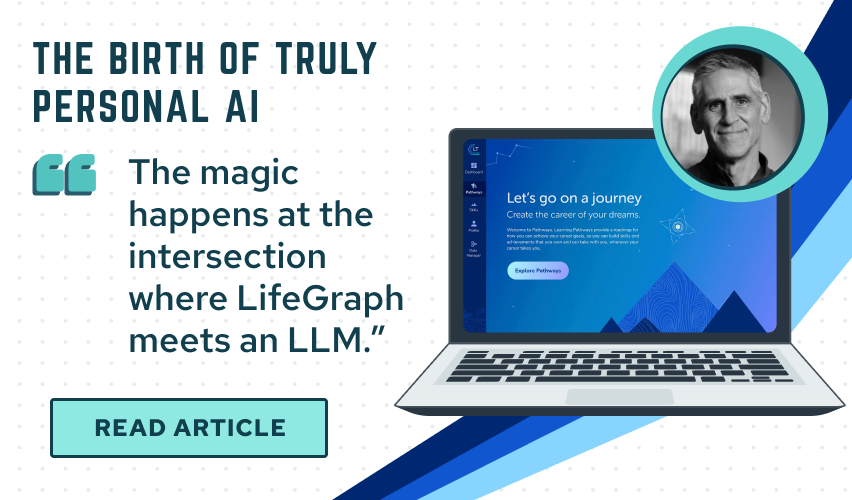Ground-Breaking COVID-19 Data Challenge with BurstIQ, American Heart Association and Hitachi Focuses on Underrepresented Communities
By Amber Hartley
Last week, I went on an evening walk with my neighbor, a medical doctor. We talked about coronavirus, George Floyd, the protests, and our kids (we can’t help it; we always talk about our kids). But there was one thing in particular stuck with me. While I was familiar with the statistics that people of color are disproportionately impacted by COVID-19, she has seen it firsthand. And she has a pretty good idea of at least one reason why.
For decades, people of color have routinely received poorer quality care than white people, as was outlined in the landmark 2003 Institute of Medicine paper, Unequal Treatment: Confronting Racial and Ethnic Disparities in Health Care.1 In addition to the direct clinical consequences of this disparity, the indirect consequence has been an erosion of trust between people of color and the medical community, which further exacerbates the problem by discouraging people of color from seeking medical help when they need it.
We talked about all of this, and about the fact that all doctors genuinely want to provide the best care for their patients, regardless of race. They want to be trusted, but more importantly, they want to be trustworthy.
But here’s where we landed: trust isn’t given, it’s earned.
It’s not the responsibility of people of color to begin trusting the medical community, when so much of their experience has told them that the system is stacked against them. It’s up to the medical community to be proactive, fix what’s broken, and earn that trust.
That’s what this data challenge with AHA and BurstIQ is all about. It’s a call to examine our own healthcare system with a profound sense of humility, to identify the clinical, operational, psychological, and societal causes of racial disparity, and use that knowledge to make the changes that will begin to heal that broken trust.
Diversity and Inclusion in Clinical Research
The United States has taken steps to help ensure research studies are more inclusive. The Revitalization Act of 1993 and additional amendments mandated the appropriate inclusion of minorities and women in all NIH-funded research. “Since a primary aim of research is to provide scientific evidence leading to a change in health policy or standard of care,” the Act states, “it is imperative to determine whether the intervention or therapy being studied affects women or men or members of minority groups and their subpopulations differently.”2
We have an ethical responsibility to ensure that participants in research reflect a vastly diverse population by taking into account race, ethnicity, gender, age, etc. By disregarding our differences, generalizations of results will be less inclusive and biased, negatively impacting the level and quality of care for underrepresented communities in the study. By including the appropriate amount of diversity, researchers will be able to see disparities in how different populations are affected by COVID-19 and many other illnesses, drugs, etc.
The broader
goal is to
create a more
inclusive research
mindset.
Despite national efforts led by the NIH and the FDA, research participation remains low for people of color and other underrepresented groups such as women, low socioeconomic status populations, and older adults. The foremost goal of the BurstIQ, AHA, and Hitachi Vantara data challenge is to focus on underrepresented communities and why COVID-19 is disproportionately impacting them. The broader goal is to create a more inclusive research mindset. This shift will lead to deeper insights and more medical breakthroughs that specifically benefit underrepresented communities, giving them enhanced access to quality healthcare.
The BurstIQ, AHA and Hitachi Vantara Data Challenge
This is why BurstIQ is collaborating with the American Heart Association and Hitachi Vantara on this COVID-19 data challenge initiative. The challenge is specifically focused on testing the relationships between COVID-19 and other health conditions, as well as health disparities and social determinants of health that bring a higher burden of illness or mortality based on factors such as ethnicity, gender, geography or income.
BurstIQ provides secure data management solutions that use blockchain-based technology to build multi-dimensional profiles and connections between many different kinds of data. We provide researchers and innovators with the tools to access data, share data, and collaborate with each other more easily. We are also making global COVID-19 datasets available through our open data network, Research Foundry, to aid researchers and data analysts in learning why the virus disproportionately impacts certain communities more than others.
The American Heart Association (AHA) is the country’s largest voluntary health organization, dedicated to helping people lead longer, healthier lives. BurstIQ’s secure data sharing tools and COVID-19 datasets will be made available to users of AHA’s Precision Medicine Platform
AHA’s platform is a centralized hub that provides cardiovascular and stroke research information to data analysts. It contains vast and diverse datasets and offers researchers accessed to unparalleled analytical tools in a secure cloud-based environment.
Created in 2016, the Precision Medicine Platform was co-developed by the American Heart Association and Hitachi Vantara. The company is providing over $100,000 in funding for awards to support the two-step data challenge.
Earning Trust…One Step at a Time
There is no quick fix to building a more inclusive and equitable healthcare system. It will take intentional and sustained action on the part of healthcare providers, payers, digital health companies, and government agencies to identify and break down the structural and unconscious barriers that perpetuate healthcare inequity.
This work will not be easy. It will not be a straight line towards the truth. It will require a level of transparency and humility that will feel uncomfortable. Good. Holding oneself accountable is never comfortable, but if we want to earn the trust of people of color, it is absolutely necessary.
